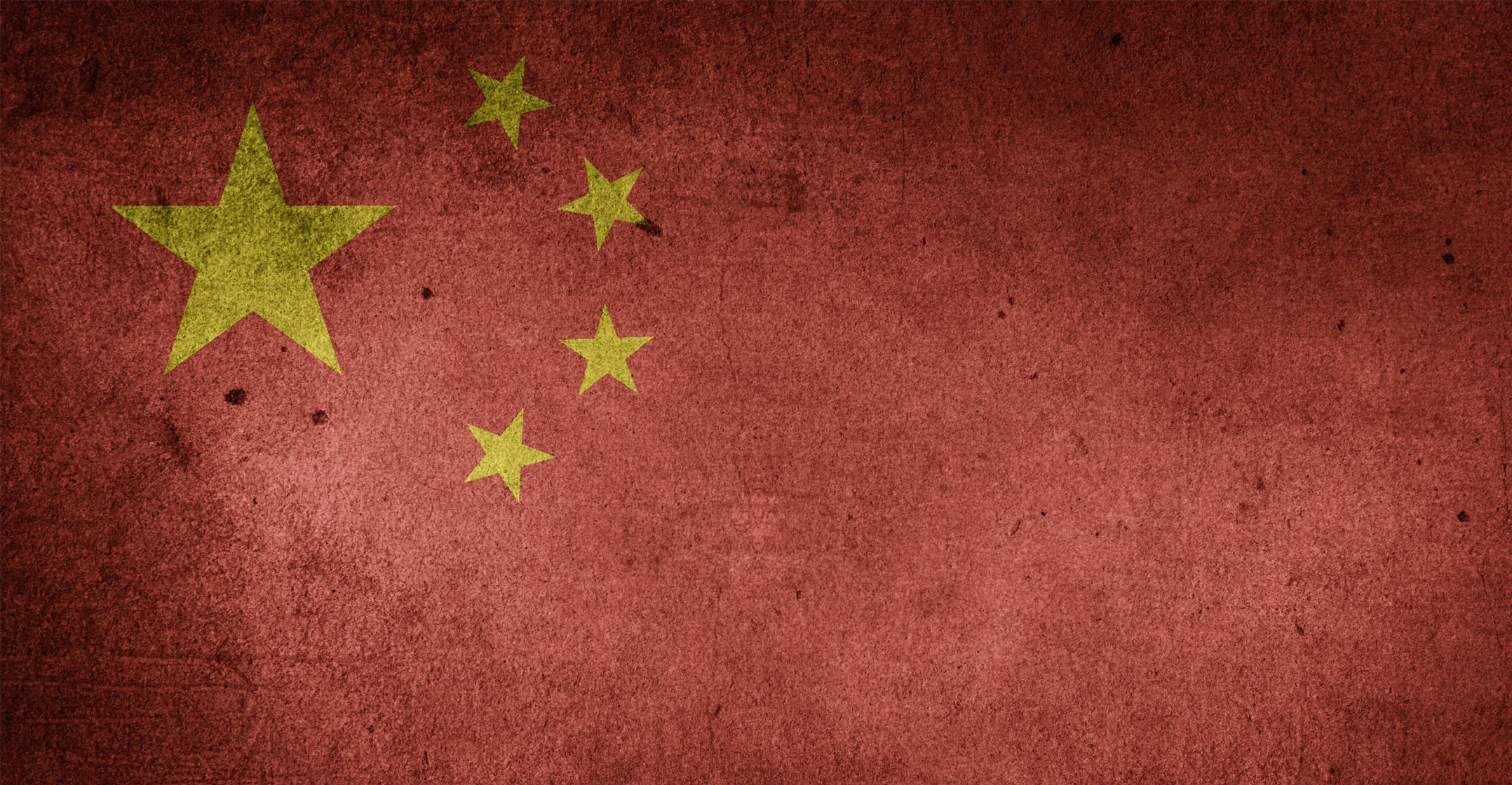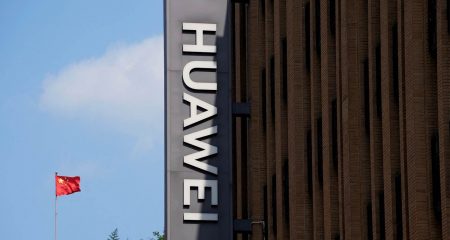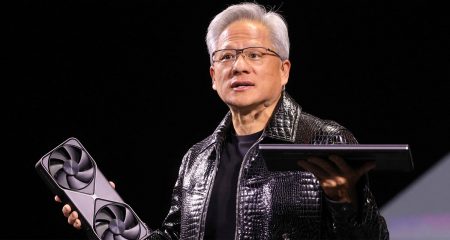
A key stumbling block in trade negotiations between China and the US has been Beijing’s extensive support for its technology firms. But if US President Donald Trump’s administration thinks that will change any time soon, it hasn’t been paying attention: far from reducing support for the tech sector, China is on the verge of nationalising it.
By many measures, China’s tech companies seem unstoppable. Private equity and venture capital investment grew from US$14bn in 2012 to $120 bn in 2017. Last year, 34 Chinese companies joined the elite ranks of start-ups valued at more than $1bn, second only to the US. From health care to bike-sharing, Chinese companies are improving on ideas from overseas and innovating in their own right.
And it’s not just start-ups. China’s established tech firms — notably Baidu, Alibaba and Tencent, or the BATs — are experiencing enormous growth as well. Tencent, with nearly a billion users, reported that its net income almost doubled in the last quarter, to $3.3bn. Alibaba Group, which dominates online retail, is expecting growth of 55% this year. Investors may worry about Chinese debt, but they’re giddy about Chinese tech.
At first glance, this rapid growth would seem to dovetail with the government’s efforts to prove its market bona fides. China regularly pushes for recognition as a market economy at the World Trade Organisation, while touting the benefits of “supply-side reform” at home. In a speech at the most recent Communist Party congress, President Xi Jinping pledged to “support the growth of private businesses.”
Look beyond such rhetoric, though, and a very different picture emerges.
Communist Party committees have been installed at many tech firms, reviewing everything from operations to compliance with national goals. Regulators have been discussing taking a 1% stake in some giants, including Alibaba and Tencent, along with a board seat. Tech companies have been widely encouraged to invest in state-owned firms, in the hopes of making them more productive. The common denominator of all these efforts is that the government wants more control.
An executive at a Chinese search engine recently summed up the new dynamic: “We’re entering an era in which we’ll be fused together. It might be that there will be a request to establish a Party committee within your company, or that you should let state investors take a stake, you know, as a form of mixed ownership. If you think clearly about this, you really can resonate together with the state. You can receive massive support. But if it’s your nature to want to go your own way, to think that your interests differ from what the state is advocating, then you’ll probably find that things are painful, more painful than in the past.”
Quasi-nationalisation
This quasi-nationalisation applies to China’s start-up scene, too. One recent report found that 60% of Chinese unicorns have either direct or indirect investment from the BATs. China’s venture-capital sector is dominated not by traditional tech dealmakers but by the state: there are more than a thousand government-owned VC firms in China, controlling more than $750bn.
All this has direct consequences for the trade dispute with the US. A recent research note from Natixis found that 70% of the products targeted by the Trump administration in its initial tariff list fall under the China Manufacturing 2025 initiative, which aims to support Chinese companies in 10 high-tech sectors, including robotics and biotechnology. If Beijing insists on protecting those industries — as it gives every indication of doing — significant progress on trade talks seems unlikely.
Perhaps a bigger worry for China, though, is that this creeping nationalisation could harm its most dynamic companies. Lavishing the new national champions with handouts — such as cheap loans and employment subsidies — could turn them into rent-seekers. More bureaucracy could mean less efficiency and growth. Firms may start currying government favour rather than taking risks and innovating. Tech could become the new coal. — Reported by Christopher Balding, (c) 2018 Bloomberg LP




